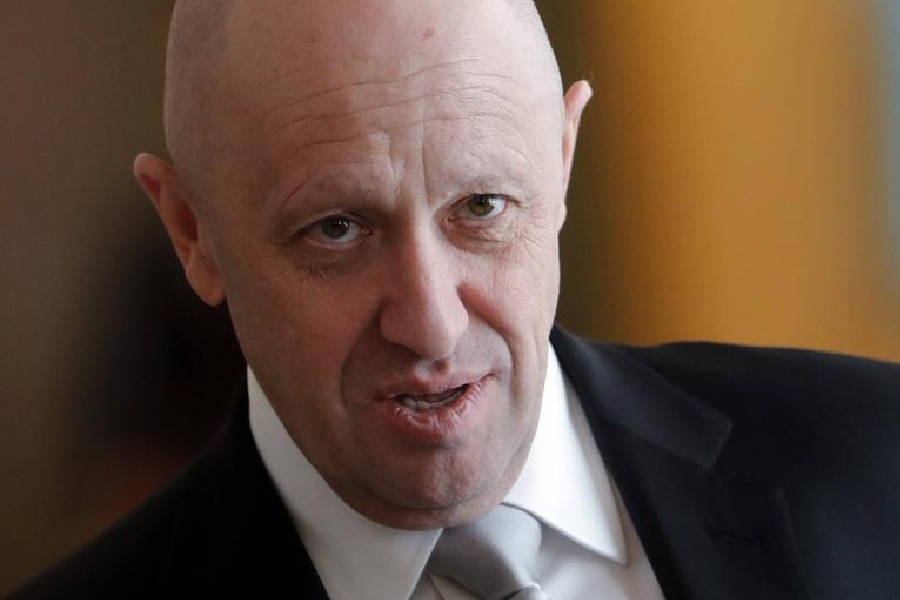Yevgeny V. Prigozhin became rich through his personal ties to President Vladimir V. Putin of Russia, winning lucrative catering and construction contracts with the Russian government while building a mercenary force known as Wagner.
After Russia’s invasion of Ukraine, he threw his fighters into the fray, as their ranks swelled with prisoner recruits. In recent months, Prigozhin (pronounced pree-GOH-zhin) has also emerged as a public power player, using social media to turn tough talk and brutality into his personal brand. At the same time, though, he began launching accusations at Russia’s military leadership, blaming it for failing to provide his forces with enough ammunition and ignoring soldiers’ struggles.
But until Friday — when Russian generals accused Prigozhin of mounting a coup — Putin had not checked Prigozhin’s online accusations, despite jailing or fining many other critics of the war.
Spewing vulgarities, disregarding the law and displaying loyalty to no one but Putin, Prigozhin, a businessman known as “Putin’s chef” because of his catering contracts with the Kremlin and Russian military, has become a symbol of wartime Russia: ruthless, shameless and lawless. It was a significant turnabout for Prigozhin, who acknowledged only last autumn that he had founded Wagner.
In Moscow, he has been dogged by open questions and criticism, with analysts expressing doubts that his recruitment of prisoners and endorsement of extrajudicial executions had broad appeal.
Prigozhin expanded Wagner’s presence in Ukraine after the Kremlin’s attempt to seize Kyiv, the capital, failed in the initial days of its invasion early last year. The “private military company” was at that point largely active in Syria and Africa, where it operated both on behalf of the Russian government and in the service of Prigozhin’s own business interests.
He was also active elsewhere. In February 2018, Prigozhin was one of 13 Russians indicted by a federal grand jury for interfering in the American election through the Internet Research Agency, a troll factory that spread falsehoods and waged information warfare against the US, in support of the presidential campaign of Donald J. Trump. The US imposed sanctions against Prigozhin in December 2016.
Born in 1961 when St. Petersburg was called Leningrad, Prigozhin was sent to prison in 1981 for robbery and other crimes, according to Meduza, an online investigative publication. After serving his nine-year sentence, he opened a hot-dog stand, eventually leading to an entrepreneurial career starting restaurants and convenience stores.
Prigozhin’s Wagner mercenary force has exerted influence on behalf of Moscow in Syria, Libya, the Central African Republic, Sudan, Mali and Mozambique, and it is now a crucial force fighting on Russia’s behalf in Ukraine.
Since then, he has built an aggressive social media presence, portraying himself and his forces as more ruthless and effective fighters than the Russian military, and denouncing Moscow’s defence bureaucracy.
Prigozhin’s pointed accusations about the competency of the Russian defence ministry, paired with his fighters’ advances in Bakhmut, transformed him from a once-secretive figure into a political power player.
New York Times News Service











